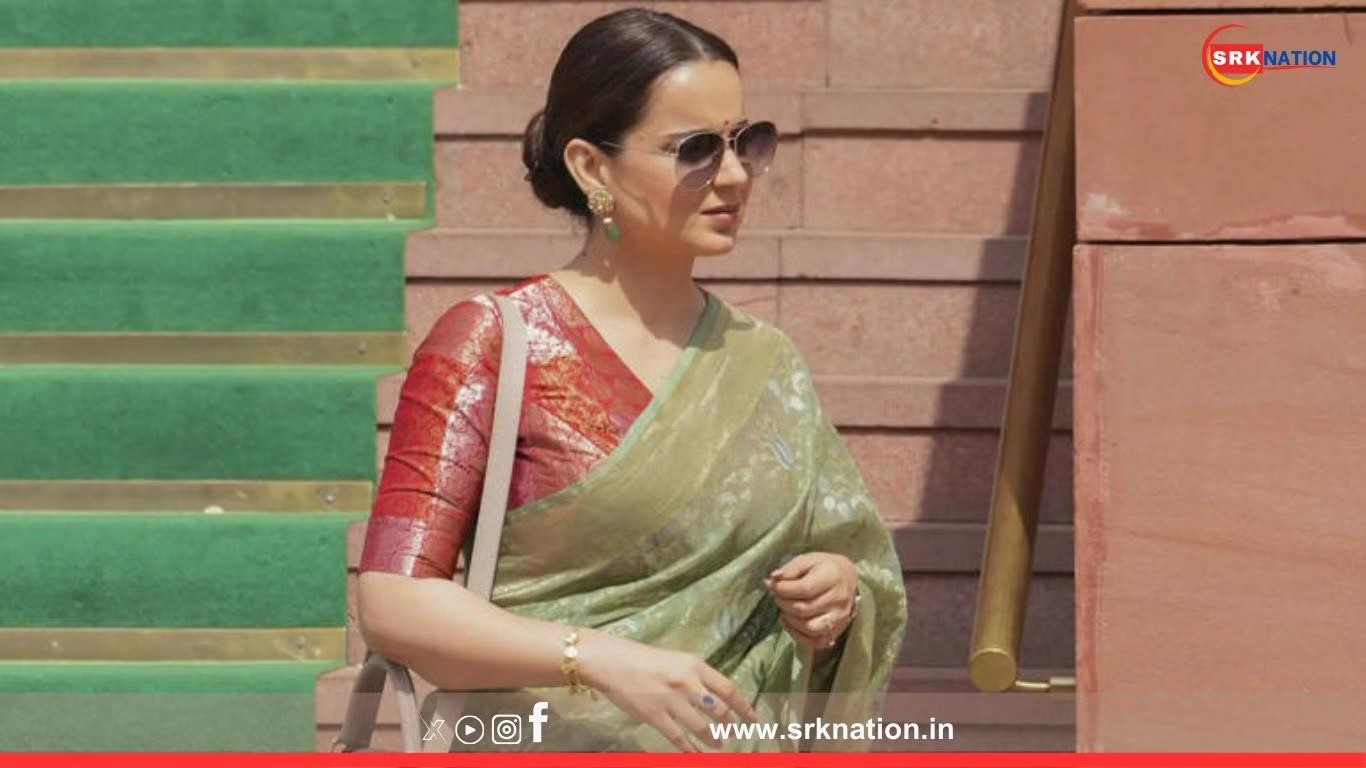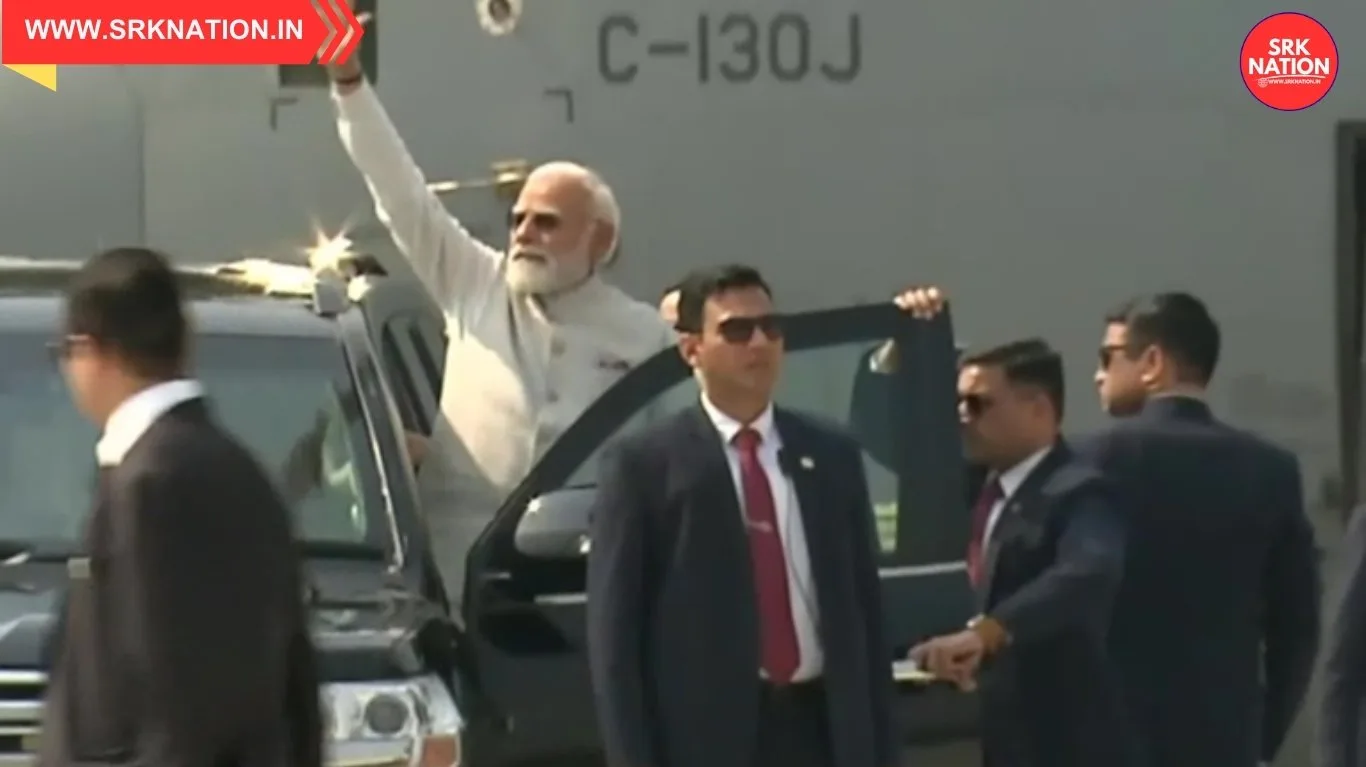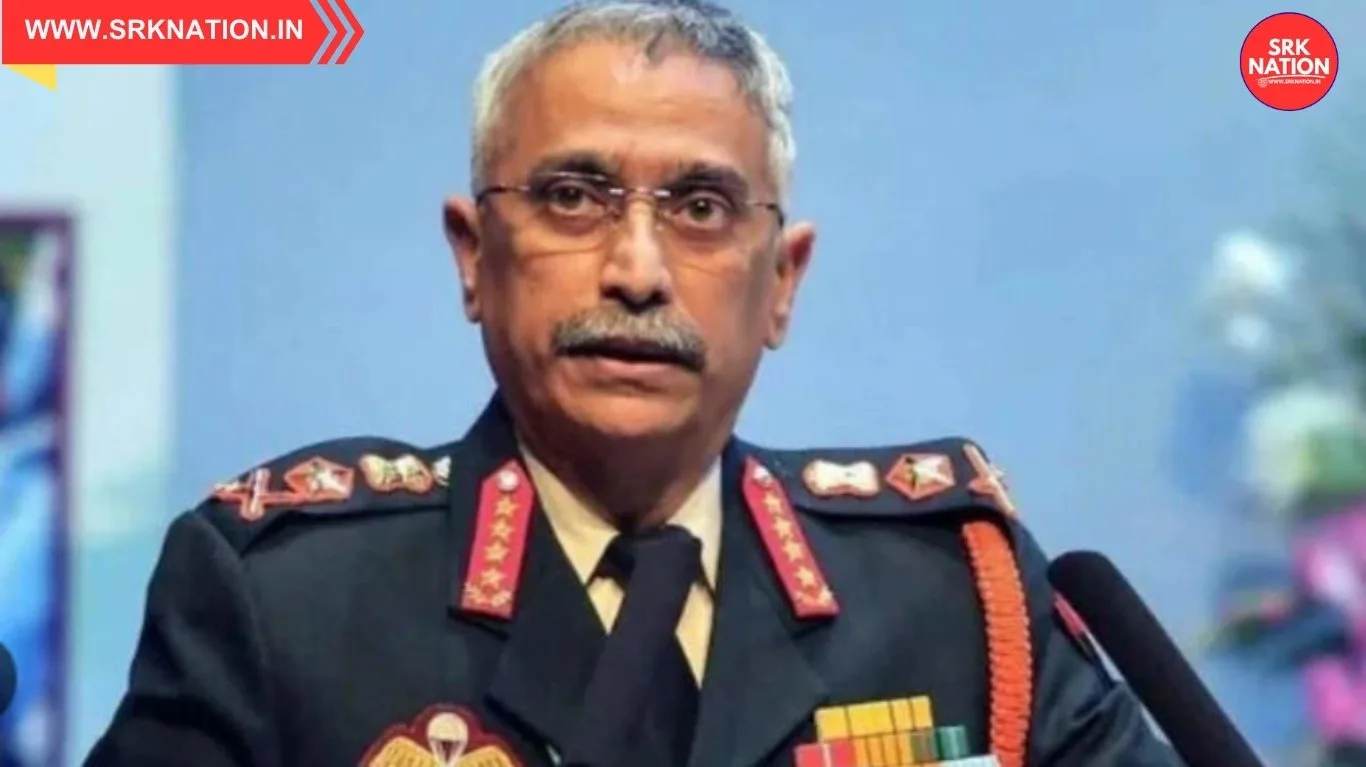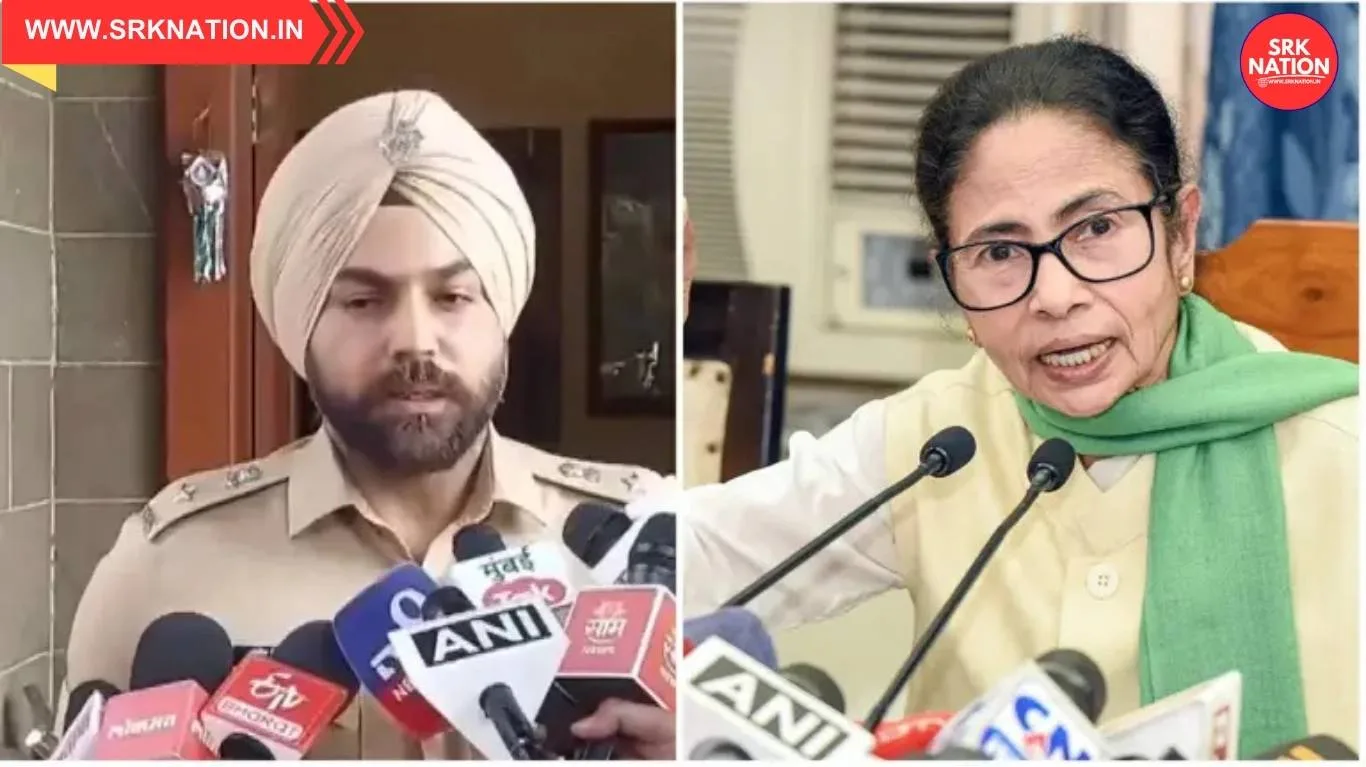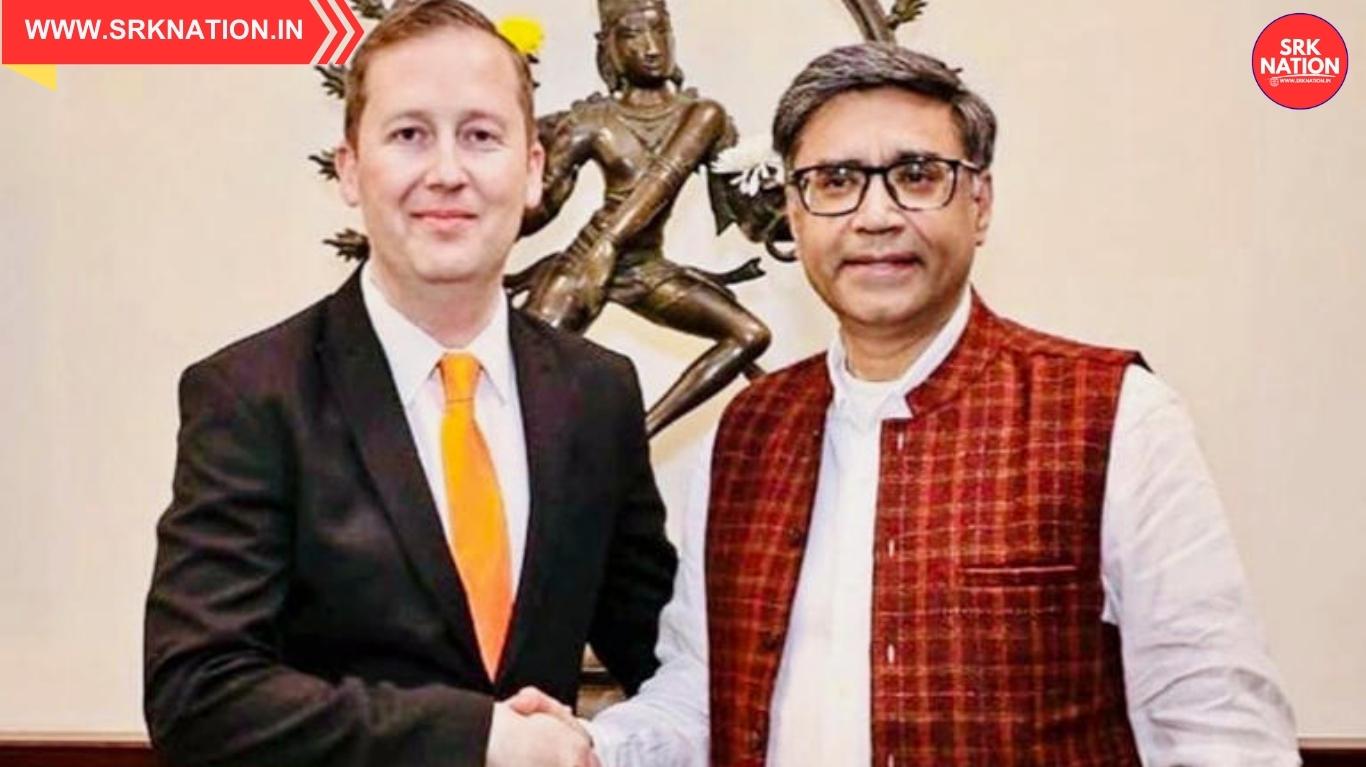Actor and BJP MP Kangana Ranaut is set to appear before the Supreme Court on September 12, 2025, seeking to quash a defamation case filed against her for allegedly making derogatory remarks about a woman protestor during the 2020–21 farmers’ agitation. The case, which has drawn national attention, stems from a retweet by Ranaut in which she allegedly misidentified 73-year-old farmer Mahinder Kaur as Bilkis Bano, a prominent figure from the Shaheen Bagh protests.
The complaint, filed in 2021 in a Bathinda court, accuses Ranaut of making “false imputations and remarks” that damaged Kaur’s reputation and caused emotional distress. Despite her advanced age, Kaur had actively participated in the farmers’ protests against the now-repealed farm laws, traveling to Delhi to join sit-ins and demonstrations. The Punjab and Haryana High Court had earlier dismissed Ranaut’s plea to quash the case, prompting her to approach the apex court under Section 482 of the erstwhile CrPC.
A bench comprising Justices Vikram Nath and Sandeep Mehta will hear the matter. The outcome could set a precedent for how social media commentary by public figures is treated under defamation law in India.
🧭 Timeline of Legal Proceedings in Kangana Ranaut’s Defamation Case
| Date | Event Description | Outcome / Reaction |
|---|---|---|
| Dec 2020 | Kangana posts tweet during farmers’ protest | Retweet allegedly misidentifies protestor |
| Feb 2021 | Mahinder Kaur files defamation complaint | Case registered in Bathinda court |
| Feb 22, 2022 | Summoning order issued by trial court | Ranaut directed to appear |
| Aug 1, 2025 | Punjab & Haryana HC dismisses quashing plea | Prima facie offence under IPC Sections 499/500 made out |
| Sept 12, 2025 | SC to hear Ranaut’s plea for quashing complaint | Legal arguments to be presented |
The case has reignited debate over celebrity accountability and freedom of expression on social media.
🔍 Key Legal Arguments and Case Details
| Party / Entity | Position / Allegation | Legal Basis / Response |
|---|---|---|
| Mahinder Kaur (Complainant) | Defamation, emotional distress, reputational harm | Sections 499 and 500 IPC (now repealed) |
| Kangana Ranaut (Petitioner) | Misidentification was unintentional, tweet deleted | Seeks quashing under Section 482 CrPC |
| Punjab & Haryana HC | Dismissed plea, upheld trial court’s order | Found prima facie case of defamation |
| Supreme Court | Scheduled to hear plea on Sept 12 | Will assess validity of summoning order |
The High Court noted that the magistrate had “duly applied mind” before issuing the process, and the complaint could not be termed mala fide.
📉 Impact on Kangana Ranaut’s Public and Political Profile
| Area of Impact | Description | Consequence |
|---|---|---|
| Political Career | BJP MP from Mandi, Himachal Pradesh | Facing scrutiny over public statements |
| Social Media Presence | Known for controversial tweets | Increased calls for responsible commentary |
| Legal Exposure | Multiple defamation cases pending | Risk of prolonged litigation |
| Public Perception | Divided opinions on freedom of speech vs defamation | Ongoing debate in media and civil society |
The case adds to Ranaut’s legal challenges, including past disputes with the BMC and other defamation suits.
🔥 Farmers’ Protest and Social Media Commentary: Legal Precedents
- Freedom of Expression: Article 19(1)(a) guarantees free speech, but it is subject to reasonable restrictions including defamation.
- Celebrity Influence: Public figures are held to higher standards due to their reach and impact.
- Social Media Liability: Courts have increasingly treated tweets and retweets as actionable under civil and criminal law.
- Defamation Threshold: Requires proof of reputational harm and intent or negligence.
Legal experts suggest that the case could clarify how courts interpret online speech in the context of defamation.
🧠 Expert Commentary on the Case
| Expert Name | Role | Comment |
|---|---|---|
| Meera Iyer | Media Law Analyst | “This case tests the boundaries of digital speech and personal accountability.” |
| Rajiv Bansal | Constitutional Lawyer | “The SC’s decision could influence future defamation claims involving social media.” |
| Dr. Rakesh Sinha | Historian of Protest Movements | “The farmers’ protest was a deeply emotional movement—misrepresentation carries weight.” |
Experts agree that the case is emblematic of the evolving relationship between public discourse and legal accountability.
📦 Legal Framework Snapshot
| Provision / Law | Description | Applicability in Case |
|---|---|---|
| Section 499 IPC | Defines criminal defamation | Alleged to be violated by Ranaut’s tweet |
| Section 500 IPC | Punishment for defamation | Up to two years imprisonment or fine |
| Section 482 CrPC | Inherent powers of High Court to quash proceedings | Invoked by Ranaut to challenge complaint |
| Article 19(1)(a) | Freedom of speech and expression | Defense argument for social media commentary |
Though IPC sections 499/500 have been repealed, the case continues under transitional provisions and judicial interpretation.
📅 Upcoming Legal Milestones
| Event | Date | Strategic Importance |
|---|---|---|
| Supreme Court Hearing | Sept 12, 2025 | Decision on quashing plea |
| Trial Court Proceedings | Pending | May resume if SC dismisses plea |
| Parliamentary Session | Nov 2025 | Potential debate on defamation law reform |
| Social Media Regulation Bill | Dec 2025 | Could influence future cases |
The SC’s verdict could influence both legal precedent and legislative direction on digital speech.
📌 Conclusion
As the Supreme Court prepares to hear Kangana Ranaut’s plea to quash a defamation case linked to her farmers’ protest remark, the spotlight returns to the intersection of celebrity speech, social media accountability, and legal redress. With reputational harm alleged by a 73-year-old protestor and broader implications for digital commentary, the case is poised to shape future discourse on defamation law in India. Whether the court sides with free expression or upholds the complainant’s right to dignity, the outcome will resonate far beyond the courtroom.
—
Disclaimer: This article is based on publicly available court filings, news reports, and expert commentary as of September 12, 2025. It is intended for informational purposes only and does not constitute legal advice.







